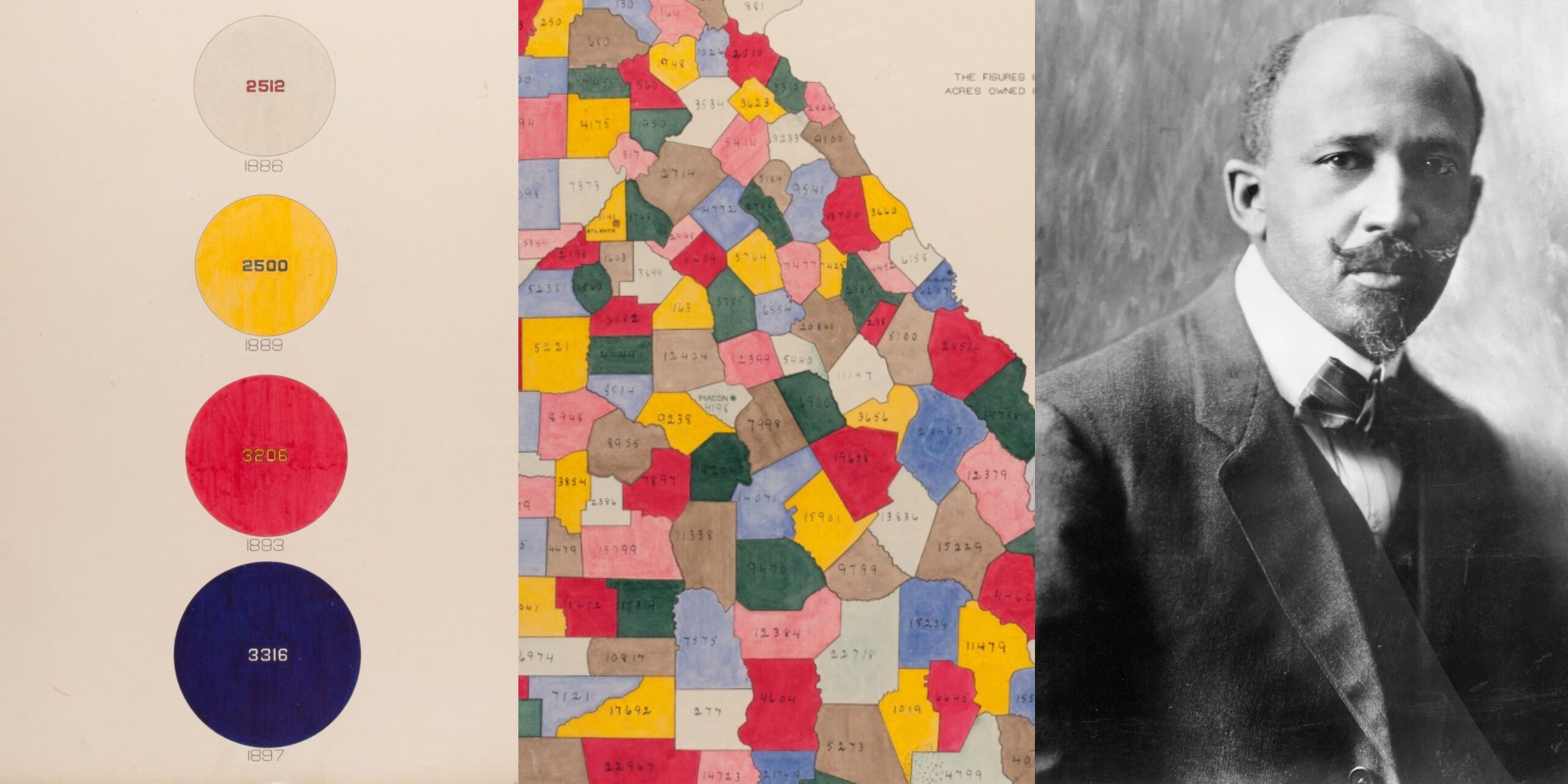The Weight of a Thousand Lives: Deconstructing Madara Uchiha’s "Energy is All the things"
Associated Articles: The Weight of a Thousand Lives: Deconstructing Madara Uchiha’s "Energy is All the things"
Introduction
With enthusiasm, let’s navigate by the intriguing subject associated to The Weight of a Thousand Lives: Deconstructing Madara Uchiha’s "Energy is All the things". Let’s weave fascinating info and supply recent views to the readers.
Desk of Content material
The Weight of a Thousand Lives: Deconstructing Madara Uchiha’s "Energy is All the things"

Madara Uchiha, the enigmatic antagonist of Naruto, stays some of the compelling and complicated characters in anime historical past. His philosophy, usually summarized by the chillingly easy phrase "energy is all the pieces," resonates far past the confines of the fictional world, sparking debates about ambition, morality, and the character of energy itself. This essay will delve into the intricacies of Madara’s assertion, inspecting its context inside the narrative, its implications for his character arc, and its broader relevance to themes of societal buildings, particular person company, and the pursuit of beliefs.
Madara’s declaration is not a simplistic endorsement of brute pressure. It is a deeply cynical, but arguably comprehensible, conclusion drawn from a lifetime of experiencing the tough realities of battle, betrayal, and the restrictions of idealistic pursuits. His assertion encapsulates his disillusionment with a world that he perceives as inherently unjust, the place the sturdy prey on the weak and the place peace is merely a fleeting phantasm. He witnesses firsthand the cyclical nature of violence, the fixed battle for energy that defines the historical past of his clan and the shinobi world as a complete. His perception within the absolute necessity of energy is not born out of a thirst for domination alone, however somewhat from a determined try to create order and forestall the struggling he is witnessed all through his life.
His childhood, marked by the rivalry with Hashirama Senju, the founding father of Konohagakure, profoundly shapes his worldview. Their preliminary bond, cast in shared experiences and a mutual want for peace, ultimately crumbles below the burden of clan battle and the ever-present risk of battle. This betrayal, the shattering of his preliminary perception in the potential for lasting peace, turns into a pivotal second in Madara’s descent into nihilism. He involves consider that solely overwhelming energy can stop such tragedies from recurring, an influence that transcends the restrictions of particular person morality or political methods. His assertion, due to this fact, is not a celebration of cruelty, however a bitter recognition of the world’s harsh realities.
The assertion "energy is all the pieces" acts as a lens by which we are able to look at Madara’s actions all through the sequence. His relentless pursuit of the Rinnegan, the last word expression of energy within the Naruto universe, exemplifies this philosophy. He sees the Rinnegan not merely as a software for private achieve, however as the important thing to attaining his final aim: the creation of a world ruled by a single, simple energy, a world free from the chaos and struggling he finds so abhorrent. This ambition isn’t pushed by a want for self-aggrandizement, however by a twisted type of altruism – a determined try to impose order on a world he believes is inherently chaotic.
Nonetheless, Madara’s pursuit of energy isn’t with out its inner contradictions. Whereas he advocates for a world dominated by energy, his personal actions usually betray a fancy emotional panorama. His attachment to his youthful brother, Izuna, and his unwavering loyalty to his clan, regardless of their eventual demise, reveal a capability for love and loyalty that clashes together with his outwardly chilly and ruthless demeanor. This inner battle highlights the inherent limitations of his philosophy. Energy, whereas undeniably vital within the shinobi world, can not utterly compensate for the lack of family members, the betrayal of belief, or the inherent complexities of human relationships.
Moreover, Madara’s philosophy is challenged by the actions of different characters inside the narrative. Naruto Uzumaki, his final opponent, embodies a contrasting ideology – a perception within the energy of friendship, perseverance, and the potential for change. Naruto’s unwavering dedication to his mates, his potential to attach with even his most formidable enemies, and his relentless pursuit of peace instantly contradict Madara’s cynical worldview. Their last confrontation is not merely a battle of energy, however a conflict of ideologies, a battle between the nihilistic acceptance of energy as the last word arbiter and the idealistic perception within the transformative energy of human connection.
The affect of Madara’s philosophy extends past the person degree. It raises profound questions concerning the nature of societal buildings and the distribution of energy. His want to ascertain a world dominated by a single entity displays a critique of current energy buildings, which he sees as inherently flawed and incapable of stopping battle. His disillusionment with the prevailing political methods, riddled with corruption and self-interest, leads him to consider that solely a whole restructuring of energy, below absolutely the management of a single, supremely highly effective particular person, can result in lasting peace. This raises complicated questions concerning the potential risks of unchecked energy, the trade-offs between order and freedom, and the moral implications of imposing a single imaginative and prescient upon a whole inhabitants.
Madara’s "energy is all the pieces" is not merely an announcement of truth; it is a assertion of profound disillusionment, a cynical response to a world he perceives as irredeemably flawed. It is a philosophy born from tragedy, formed by loss, and fueled by a determined want for order in a world seemingly devoid of it. Whereas his strategies are undeniably brutal and his imaginative and prescient in the end flawed, his assertion compels us to confront the uncomfortable realities of energy dynamics, the seductive attract of absolute management, and the ever-present stress between particular person ambition and collective well-being. His story serves as a cautionary story, reminding us that even probably the most highly effective people are inclined to the corrupting affect of unchecked energy and the enduring human want for connection and understanding. Finally, Madara’s legacy lies not solely in his immense energy but additionally within the enduring questions his philosophy raises concerning the nature of energy, the pursuit of beliefs, and the complexities of the human situation. His chilling declaration, "energy is all the pieces," forces us to confront the uncomfortable fact that, in a world usually outlined by battle and inequality, energy holds a weight far larger than many are keen to acknowledge.







Closure
Thus, we hope this text has supplied beneficial insights into The Weight of a Thousand Lives: Deconstructing Madara Uchiha’s "Energy is All the things". We hope you discover this text informative and useful. See you in our subsequent article!